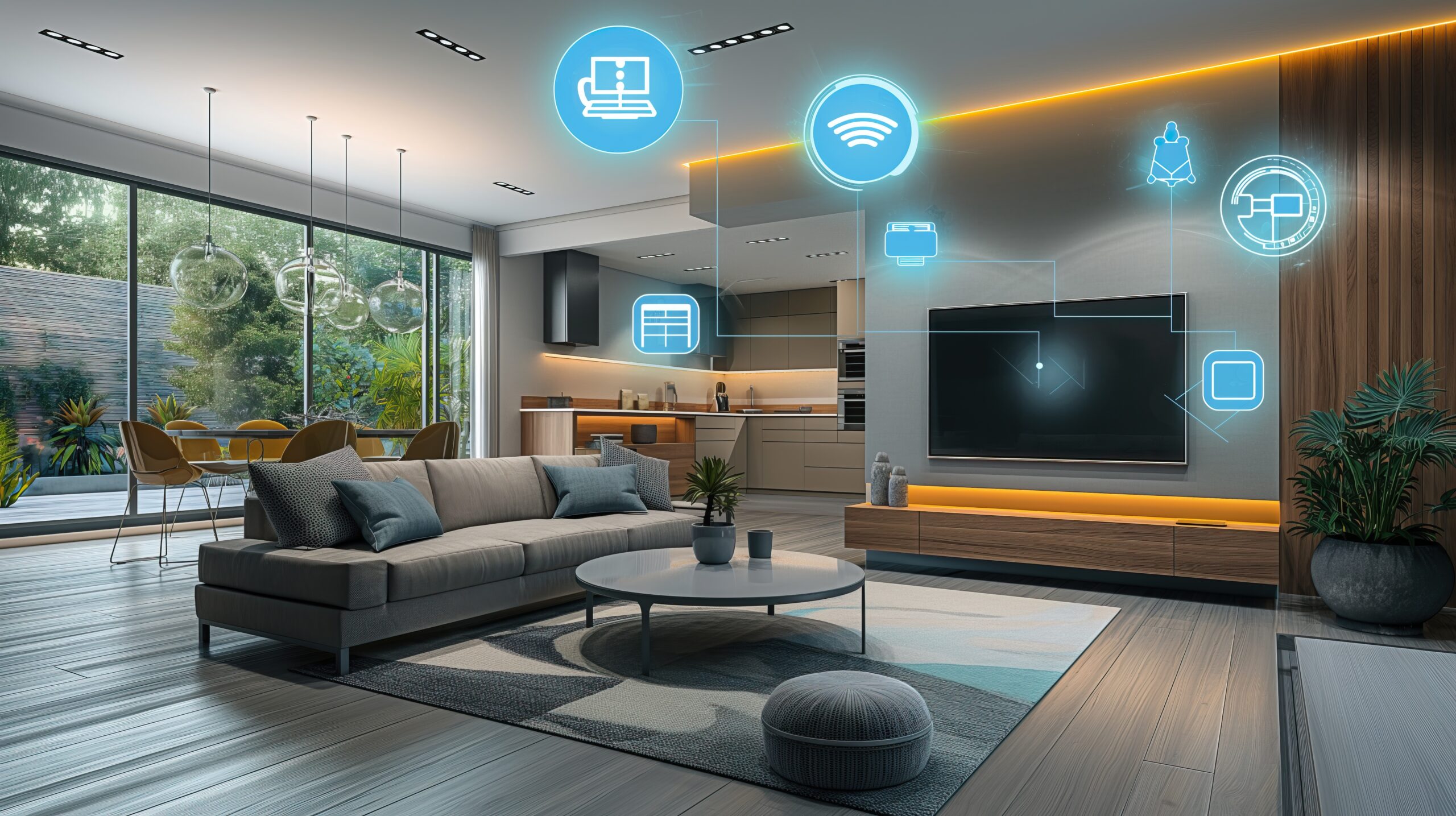In a country where tradition blends beautifully with modern innovation, Pakistan stands at the brink of a new technological transformation: the rise of smart homes. Much like the slow but sure adoption of solar energy, smart home technology is beginning to spark interest across urban and semi-urban areas. Although still in its early stages, this change carries the promise of comfort, security, and efficiency for millions of households. But the road is not without its challenges.
So, what does the future of smart living look like in Pakistan? And how can we make it a reality?
A Smart Shift: From Solar Panels to Smart Homes
Less than a decade ago, the thought of ordinary Pakistani homes running on solar power was seen as a far-fetched dream. Today, solar panels have become a symbol of energy independence. They are found on rooftops in Karachi, Lahore, Islamabad, and even remote towns where power outages were once a daily routine.
Smart home tech follows a similar path. At first, it's met with skepticism, seen as expensive, unnecessary, or “something for the West.” But slowly, piece by piece, it’s making its way into our lives: motion-activated lights, smart security cameras, voice-controlled appliances, and app-connected air conditioners. These small upgrades are the building blocks of a future where your home knows what you need before you ask for it.
Why Pakistan Needs Smart Homes
Pakistan is grappling with rising energy costs, water shortages, and urban security concerns. These are not just inconveniences - They affect the quality of life. Smart home tech offers intelligent solutions to real problems:
Energy Efficiency: Smart thermostats and lighting systems can dramatically reduce energy bills - especially crucial when electricity prices spike unpredictably.
Security: From real-time CCTV monitoring to automated door locks and motion sensors, smart homes can be fortified like never before.
Water Conservation: With smart irrigation and leak detection systems, even water usage can be optimized, reducing waste in a country already facing water stress.
More than luxury, these are tools of survival and self-sufficiency.
The Hurdles Ahead
Still, the journey to a smart home future isn’t easy. There are three major hurdles Pakistan needs to overcome:
Affordability and Access
Currently, most smart devices are imported and priced beyond the reach of the average household. To make this mainstream, local manufacturing and government-backed incentives, similar to those for solar, will be vital.Digital Infrastructure
A stable internet connection is the backbone of any smart home system. While urban centers are catching up, rural areas lag far behind in connectivity. This divide must be addressed for equal access to modern living.Awareness and Trust
Many Pakistanis are still unaware of what smart homes really offer. Others hesitate due to data privacy concerns or simply not knowing where to begin. Education, transparent platforms, and local tech startups can bridge this gap.
Building the Dream: The Way Forward
Just like the solar boom began with individual rooftops and grassroots word-of-mouth, the smart home revolution can begin one room at a time. Start with a smart lightbulb. A motion sensor. A smart plug to automate your water motor.
As adoption grows, demand will drive costs down, innovation up, and local tech entrepreneurs will find space to shine. There’s already a budding ecosystem of Pakistani startups experimenting with IoT (Internet of Things) solutions made for local need, from load-shedding-aware systems to Urdu voice support for smart assistants.
The government, too, can play a role by: offering subsidies, launching awareness campaigns, and investing in digital infrastructure to make smart living a part of national development goals.
A Hopeful Outlook
We are not just talking about convenience. We’re talking about empowerment.
Imagine a home in Multan where a farmer gets water alerts based on weather forecasts. A working mother in Lahore who manages appliances remotely to save energy. A family in Quetta whose house keeps them safe and warm through automated heating and surveillance. These are not science fiction dreams, they are entirely possible within the next 5-10 years.
If Pakistan can make solar energy a norm, there is no reason smart homes can’t follow suit.
Wrap Up
The future of smart homes in Pakistan is bright and it belongs to the bold. It’s about reshaping how we live, making our spaces not just shelters but intelligent, responsive companions. The road will have bumps, but as we’ve seen with other revolutions; like mobile banking, ride-sharing, and solar energy. When Pakistanis adopt change, we do it with heart and hustle.
With the right steps, smart homes will no longer be just a buzzword, they’ll be the new baseline.






